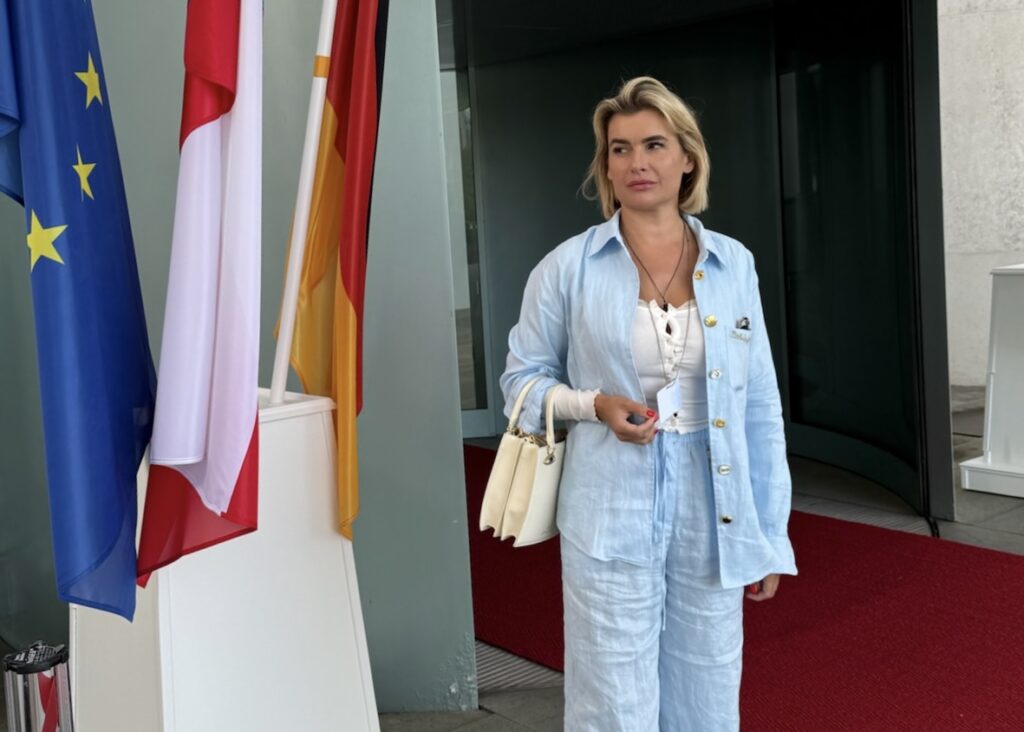This evening, Czech Prime Minister Petr Fiala arrived in Berlin on an official visit, where he was received with military honors by Federal Chancellor Friedrich Merz. This marks the first visit by a Czech prime minister with such protocol since 2018.
Fiala, who has led the Czech government since 2021, held discussions with Merz on border controls, migration, defense, the economy, and infrastructure development. He acknowledged the reasons behind Germany’s stricter border measures but stressed the need for a pan-European approach to combating illegal migration.

Both leaders emphasized that an effective migration policy is essential to counter the rise of populism in Europe. “If no solutions are offered, populists will fill the vacuum,” Fiala warned. Merz noted that there is no conflict with neighboring countries on the matter, but insisted the steps taken were necessary.

The Czech Republic expressed strong interest in participating in the production of German Leopard tanks, as well as in cooperating on the American F-35 fighter jet program. Fiala stated that Czech companies aim to be involved not just for domestic purposes but on a larger, international scale. Both Germany and the Czech Republic reaffirmed their support for Ukraine, including Czech involvement in a joint initiative to procure ammunition.
Transport infrastructure was also a key topic: a high-speed rail link between Berlin and Prague is expected to cut travel time to just two hours. A similar upgrade is planned for the Prague–Munich route.

During the press conference, Friedrich Merz addressed Germany’s decision not to sign a joint declaration by 28 countries calling for an immediate ceasefire in Gaza. He explained that Germany’s stance is “virtually identical” to that of the European Council and said he personally supports an end to Israel’s large-scale military operations and the unimpeded delivery of humanitarian aid.

While the declaration—signed by France, the UK, Italy, and others—condemns Israel’s actions as “inhumane” and in breach of international humanitarian law, Germany has adopted a more cautious approach. Meanwhile, the SPD parliamentary group has called on the government to support the declaration.
In the meantime, the humanitarian crisis in Gaza continues to worsen. According to the UN and the Palestinian Ministry of Health, over 1,000 people have died, starvation is widespread, and aid remains blocked amid ongoing attacks. Israel reportedly plans to establish a camp in southern Gaza for 600,000 people, who will then be denied freedom of movement. International organizations accuse Israel of ethnic cleansing and using starvation as a weapon. The International Court of Justice in The Hague is currently examining genocide allegations.
Information provided by the official media Berliner Telegraph













